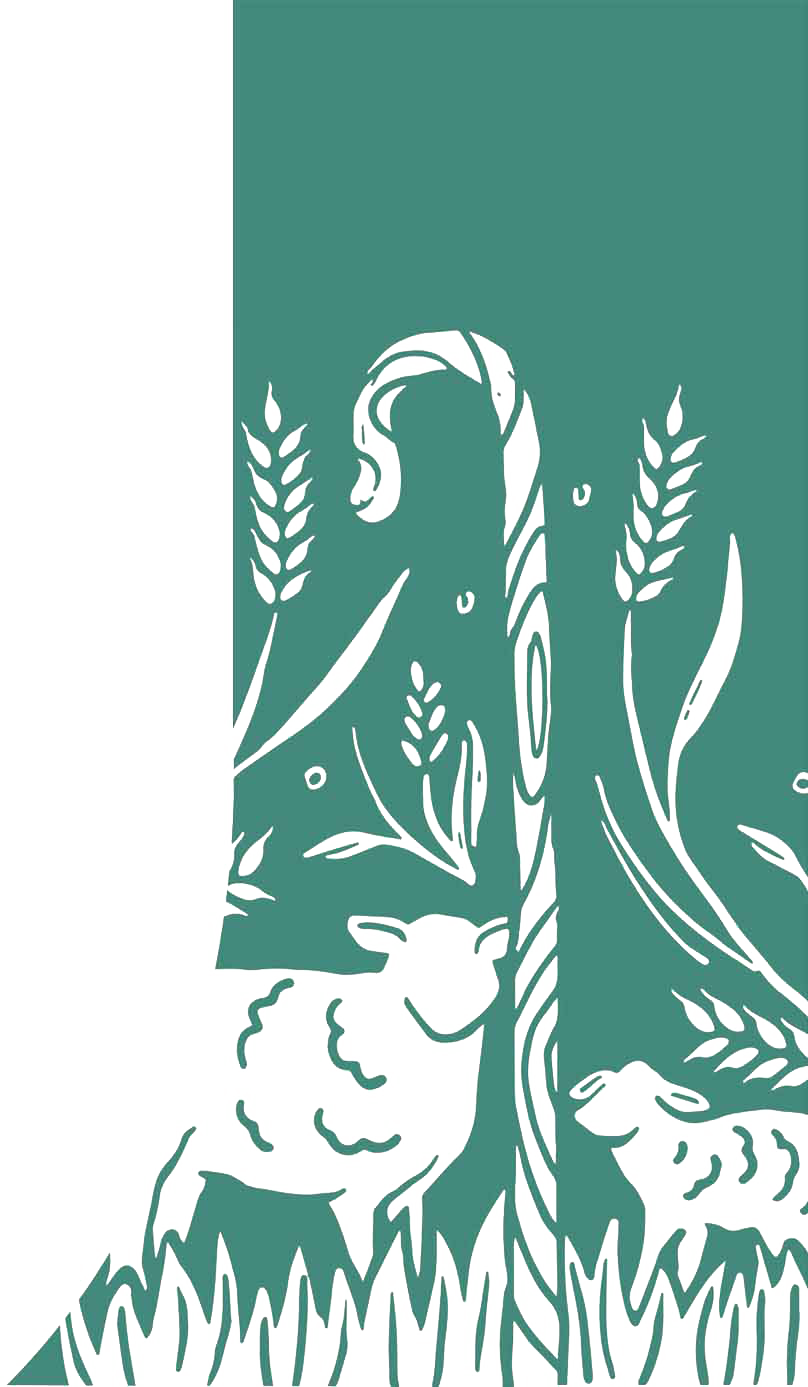From 2015 onwards, PAROC is engaged in the training of lay leaders, clergy and religious with a special emphasis on accompaniment, family-centered pastoral ministry and participatory leadership. We have hitherto conducted more than hundred short courses. Our training programmes are praxis-oriented to equip the participants with skills that enhance their pastoral efficiency. PAROC Research Institute would like to offer Certificate in Youth Animation for youth leaders, lay leaders, religious and clergy as well as seminarians who are interested. The objective of this ten month training programme is to equip catholic leaders for accompaniment, family centered and collaborative pastoral ministry. Those who complete the course successfully will be awarded a Certificate from PAROC Research Institute.

- To equip clergy, laity and religious engaged in various ministries in parishes and eparchies to work in collaborative and participatory style.
- Equipping them to develop an effective communication and listening skills, enabling participants to establish authentic and empathetic relationships with those seeking pastoral counselling.
- To learn techniques for active listening, empathy, and non-judgmental support, creating a safe space for individuals to share their struggles and concerns.
- To form Christian leadership who engages in evangelizing and re-evangelizing of our Church and Society
- Participants will learn how to apply counselling techniques within the pastoral counselling context, addressing different real-life issues.
10 months (June 2024 - April 2025)
Ex Officio Members:
- President: Rev. Dr. Saijo Thaikkattil, Executive Director PAROC Institute
- Secretary: Rev. Dr. Taison Mandumpal, Coordinator, Centre for Pastoral Studies PAROC
- Joint Secretary: Rev. Fr. Hadly Neelankavil, Joint Coordinator, Centre for Pastoral Studies PAROC
Nominated Members:
- Rev. Prof. Dr. Sebastian Chalakkal (Rector, Marymatha Major Seminary, Trichur)
- Rev. Dr. Paul Pulikkan (Director, Christian Chair, University of Calicut)
- Prof. Dr. Betsy Thomas (Principal, Amala Medical College, Thrissur)
- Rev. Dr. Sajan Pindiyan (Coordinator, Training Centre of PAROC)
- Rev. Dr. Saji Kanayankal CST (Coordinator, Research Centre of PAROC)
- Dr. Chacko Kalamparambil (Principal, Alphonsa college, Thiruvampady; Spokesperson, Syro-Malabar Church)
- Dr. Kochurani Joseph (Spokesperson, Syro-Malabar Church)
- Rev. Sr. Ann Caroline CHF (Principal, Navajyothi College of Teacher Education for Women, Olarikkara)
Skill oriented programmes
Pre-recorded audio/video lessons
Online contact classes
Fieldworks, Paper presentations
Debates, Book reviews
Self-learning class notes, Case studies and Group activities
Residential leadership training programme
Personal accompaniment to participants
10 experts from various fields to lead the sessions
Medium - Malayalam
Mar Tony Neelankavil, Dr. Alex Marottickal, Dr. Sajan Pindiyan, Fr. Pradheep Mapranathukaran, Dr. Saijo Thaikkattil, Dr. Sr. Sherin CHF, Dr. Denny Thanikkal, Dr. Sijohn Kuzhikkatumalil, Dr. Job Padayattil
|
No
|
Theme
|
Objective
|
Module
|
|
I
|
Introducing Pastoral Counselling
|
|
|
|
II
|
Basics- 1: Human Development and Psychology |
|
|
|
III
|
Basics-2: Mental Health Issues and Pastoral Care
|
|
|
|
IV
|
Basics-3: Counselling Techniques |
|
|
|
V |
Counselling therapies – Part – 1 |
|
|
|
VI
|
Counselling therapies – Part – 2
|
|
|
|
VII
|
Marriage and Family Counselling:
|
|
1. Understanding the foundations of healthy relationships and ways to promot 2. Finding strategies for resolving conflicts within marriages and families 3. Examining the importance of premarital counselling and exploring topics and techniques for preparing them properly. 4. Introducing the concepts of family systems theory and exploring how it can inform the practice of pastoral counselling with families |
|
VIII
|
Grief and Loss Counselling |
|
|
IX |
Addiction and Substance Abuse Counselling |
1. Examining the nature of addiction, its impact on individuals and families, and approaches to counselling and support for those struggling with addiction . |
1. Knowing the different types of addiction, the impact on individuals and their relationships 2. Underlying factors contributing to addictive behaviours 3. Personalized treatment plans, setting goals, and choosing appropriate interventions 4. Developing practical application of these interventions, and behaviour change techniques |
| x | Crisis Intervention and Trauma Counselling |
1. Developing skills to provide immediate support and counselling in crisis situations or traumatic events
|
1. Exploring the principles and techniques of crisis assessment, and knowing crisis response protocols, de-escalatio techniques, 2. Understanding the impact of trauma on individuals' mental health 3. Understanding the principles of creating a safe and empowering environment, 4. Examining the concept of post-traumatic growth and the potential for personal transformation and resilience after experiencing trauma.
|


| Dr. Taison Mandumpal | : +91 949 586 45 89 |
| PAROC Office | : +91 807 803 03 00 |
| : paroc.marymatha@gmail.com |